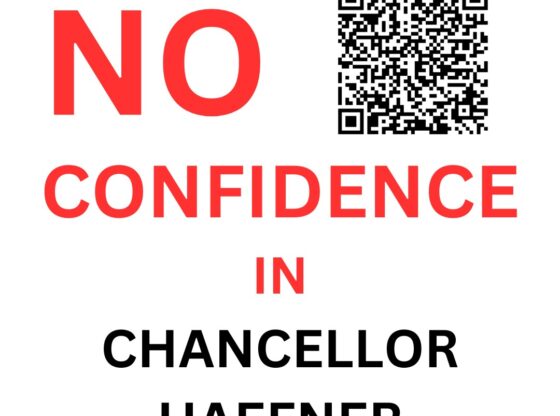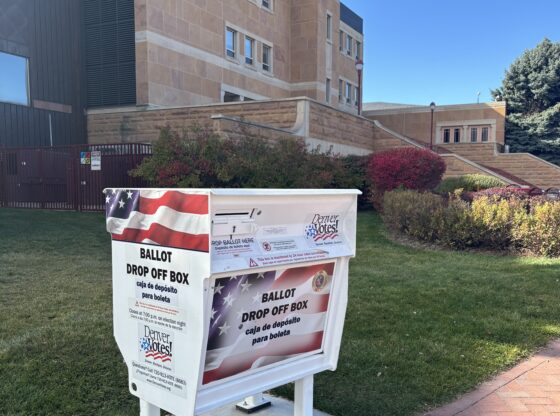“Epitaph,” a documentary focusing on prostitution in Iran, was shown last week by the DU Law Chapter of Amnesty International.
The event featured commentary by Ana Sami, a graduate student at Colorado School of Mines. An epitaph is a statement commemorating a deceased person.
Sami has been involved with human rights in Iran since she saw “the bruised back of a man who was flogged continuouslyB under the charge of having alcohol in his car.”
Prostitution has become a major social problem in Iran, with approximately half a million prostitutes in the country.
Of these women, 300,000 are living in the capital, Tehran, according to Sami. Their average age is 20, but some are as young as 10, said Sami.
The documentary featured Iranian women speaking in Farsi with English subtitles.
Most were seated in the shadows, only a handful allowing the audience to see their faces. Their names were not revealed.
Many of the women spoke about why they became involved in prostitution. It was not by choice but out of necessity.
“I’m engaged in all this misery for the sake of my children,” said one woman. This statement was echoed by many.
A 19-year-old girl also featured in the film became a prostitute to have enough money to raise her younger siblings.
Many of these women are divorced. Said one woman in the movie, divorced women have “nowhere to go” and are treated as “dead bodies.”
When another woman attempted to gain custody of her child, the judge told her to become his mistress.
Parents and/or husbands with drug problems were another reason women are turning to prostitution, according to Sami.
Many of the girls who become prostitutes are also runaways.
“Most runaway girls in Iran are raped within the first 24 hours,” said Sami.
According to Donna M. Hughes, a professor at the University of Rhode Island and an international researcher on the trafficking of women and children, “the [runaway] girls are rebelling against fundamentalist imposed restrictions on their freedom, domestic abuse and parental drug addictions.”
Prostitution is illegal in Iran.
“To prove prostitution,B the actual act of intercourse must have been witnessed byB two men orB four women,” said Sami.B “InB Iran, the testimony of a woman is worth half that of a man.”
The punishment is typically 80 lashes with a whip for both men and women. Iran’s Islamic law permits temporary marriages, sigheh, in which two people can be married for as little as one hour.
In that time, all rights associated with a traditional marriage are upheld.
Sex is not considered adulterous during the sigheh.
The high occurrence of prostitution has a “strong connection” to the political structure of Iran, said Sami.
“It is society which is doing harm to us. I only do harm to myself and my daughter,” said a woman in the documentary.
Most of the women in the movie hold those in charge responsible.
One woman blamed “the restrictions of our [Iranian] society” for the many who become prostitutes as a means of survival.
“Epitaph” was brought to Sturm College of Law because Sami believes it is important for students, particularly law students, to be aware of how human rights are being violated.
“Iran is one of the worst cases of governmentB instituted violations of human rightsB the world has ever seen,” said Sami. “I cannot sit idly as women areB being abused andB suffering grave injustices.”B
If women in Iran are putting their lives on the line for freedom, then it is myB obligation to defend them andB to do whatever I canB to help save them.”
“I have therefore made it my mission to tell the world of theB atrocities that are the lives of these women,” said Sami.











